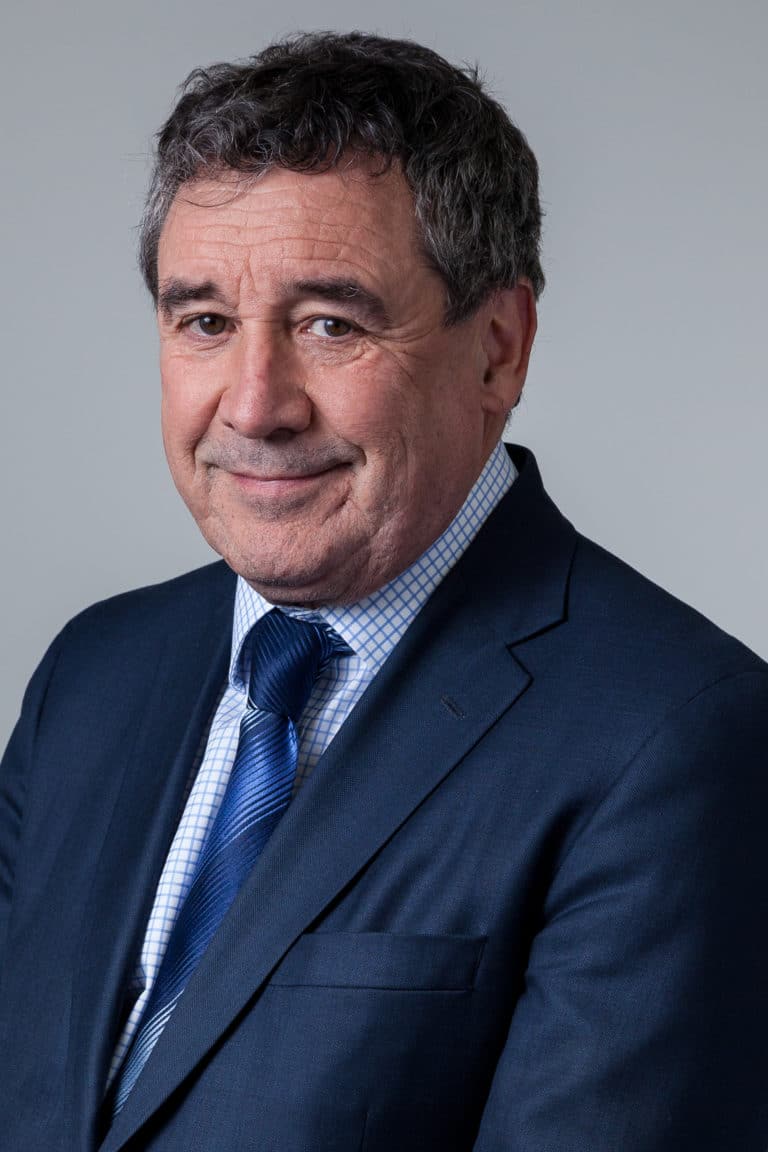Written by Robin Bowerman, Head of Corporate Affairs at Vanguard/Vice Chair of the SMSF Association
Sometimes it is true that you don’t know what you’ve got.
Till it’s gone
Music aficionados will recognise that line from Joni Mitchell’s 1970s hit Big Yellow Taxi.
There will be many lessons we learn from the COVID-19 pandemic and its impact on our lives and our investment portfolios.
Few people will view risk – be it to their health or their investments – through the same lens again.
Rewind to the early days of a bright new year in January. The notion of a global pandemic that would infect more than 3 million people and result in more than 200,000 deaths (to date) and shut down large parts of the economy would have belonged firmly in the realm of Hollywood disaster movies rather than something you or your super fund had reason to worry about.
Liquidity is one of those things that investors – both professional and individual – can take for granted particularly after an extended period of relatively strong growth in investment markets and in Australia’s case, no economic recession for 29 years.
Times of severe market disruption effectively stress test portfolios and their need for liquidity.
Large superannuation funds have been part of the public debate on liquidity in part because of their need to rebalance portfolios affected by the drop in market values but also because of the wide-ranging package of support measures initiated by the Federal Government that included varying the criteria for early access to super up to $20,000.
But it is not just large super funds that will be rethinking their approach to liquidity. Self-managed super funds also need to factor in the need for liquidity – particularly when they are approaching or indeed are already in the drawdown or pension phase.
Superannuation, by its nature and design, is a long-term investment. So liquidity can be traded off to a degree when the funds will not be needed to be drawn down for 30 or 40 years. Accordingly, for those SMSF trustees in their 30s or 40s liquidity is more an opportunity than a risk.
However, if you are approaching retirement the situation shifts significantly. The purpose of super is to provide the income to fund or supplement your lifestyle once the regular paycheck has stopped.
How you manage your funds’ liquidity is always important but becomes critical when you hit the pension years because it is your responsibility as the trustee of your SMSF to be able to pay expenses of the fund and benefits to members as required. The liquidity challenge for an SMSF that is invested in one illiquid asset such as property can be dramatic when things do not go to plan.
There are a variety of strategies that specialist SMSF advisers deploy based on an individual’s circumstances. But there are a number of risk areas for SMSFs in particular those with concentrated direct property portfolios.
Last year the Australian Tax Office sent letters to 18,000 trustees of SMSFs asking about the diversification within the fund’s portfolio – the letter was sent to funds that had more than 90 per cent of their fund’s assets in a single asset class – typically a property.
The ATO was not saying you could not invest everything in the one asset class – it just wanted trustees to be sure they understood the risks – particularly if limited recourse borrowing was involved – on return, volatility and liquidity and a properly considered investment strategy.
At the time there was commentary around whether it was a proper role for the ATO to ask such a question; for trustees that heeded the warning about the risks of lack of diversification and the potential liquidity risk it was prescient indeed.
An iteration of this article was first published in The Age on 13 May 2020.
GENERAL ADVICE WARNING
Vanguard Investments Australia Ltd (ABN 72 072 881 086 / AFS Licence 227263) is the product issuer. We have not taken yours and your clients’ circumstances into account when preparing our website content so it may not be applicable to the particular situation you are considering. You should consider yours and your clients’ circumstances and our Product Disclosure Statement (PDS) or Prospectus before making any investment decision. You can access our PDS or Prospectus online or by calling us. This website was prepared in good faith and we accept no liability for any errors or omissions. Past performance is not an indication of future performance.
Important Legal Notice – Offer not to persons outside Australia
The PDS or Prospectus does not constitute an offer or invitation in any jurisdiction other than in Australia. Applications from outside Australia will not be accepted through the PDS. For the avoidance of doubt, these products are not intended to be sold to US Persons as defined under Regulation S of the US federal securities laws.

Robin Bowerman - Guest Contributor
Robin Bowerman is Head of Corporate Affairs and Market Development at Vanguard and a member of Vanguard’s Executive team. He is responsible for Vanguard’s marketing & corporate communications and plays a pivotal role in Vanguard’s market and product strategy development. Robin is also the Vice-Chair of the SMSF Association.
Robin is a key spokesperson and presenter for Vanguard, with expertise in investor education, funds management, product development, industry and regulatory related topics.
Robin has overseen the considerable growth of Vanguard’s retail business and the products and services offered to both direct investors and financial advisers since joining Vanguard in 2003.
Prior to joining Vanguard, Robin had a distinguished career in the media and was a leading financial services writer, commentator and editor for over 15 years. He continues to be editor of Vanguard’s core client publications including writing a weekly column with more than 50,000 readers.
In 2002, Robin co-authored the book Wealth of Experience, with Jeremy Duffield, Vanguard Australia’s ex-Chairman and founder.

